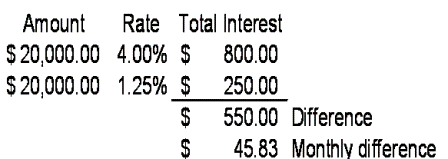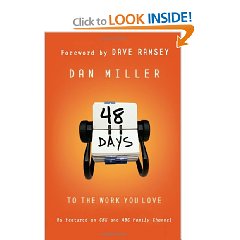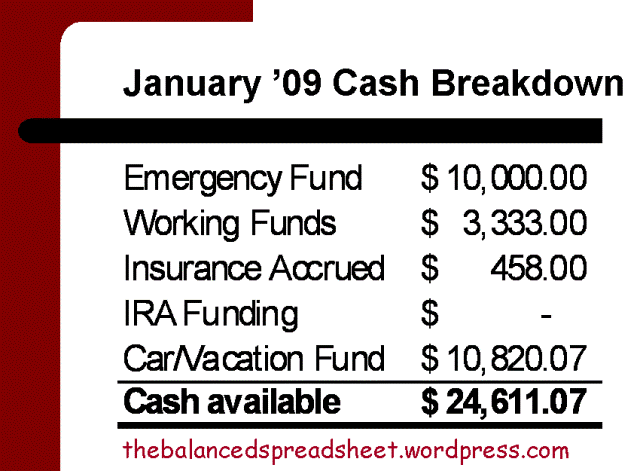Today concludes the “My experience in” series with Part III on weddings. If you have read the about section of this blog you know that I got married on May 16th 2009 so I have recent experience with this. Remember I am writing about weddings from a financial viewpoint only, if you want opinions on different styles or presentations there are plenty of other blogs out there that deal with that. J But with that being said weddings are very fun, but sometimes all the joy and stress can cause people to lose their minds and make the wedding become a financial burden. This gets the marriage off on the wrong foot and can take years to overcome. Depending on whom you talk to, the average wedding in America today is between $20,000-$28,000 excluding the rings and honeymoon. Ultimately you can have a nice wedding no matter how much you spend. Below are a few tips, advice, and some things that I learned when planning our wedding with my wife.
The first key is to develop and stick to a budget. You will first need to figure out where your money for the wedding is going to come from. Start with money, if any, from your parents and grandparents and then figure out how much money the two of you will contribute. After you have your number, stick to it and be realistic with it! Remember that you will have the rest of your life to spend together so you do not want your wedding to be the apex of your marriage. In addition, you can start the marriage off on the right foot by not having to make payments on your wedding as soon as you get back from your honeymoon! After you set your budget you will then be able to prioritize what are the most important things that you wish to spend your money on. From my experience the reception is probably the biggest expense for weddings and it is also the most flexible. Receptions can range anywhere from cake and punch to serving a three course meal with an open bar for over 200 people at a banquet hall. Whatever you choose just remember to stick within your budget.
The second thing I learned was to ask around your church, work, or group of friends and find smaller local businesses that do just as good of a job as the mainstream ones. We found the person who did our wedding cake this way. After a few consultations with some local brick and mortar bakeries we just could not find the right ones. After asking around we got the name of someone who bakes cakes out of their home. We ended up having her make our cake and not only did it taste better than any other we sampled, the price was right around half of what the other bakers wanted!
Finally, if you have friends or family who are willing and ABLE to help, then by golly use them! Please, please notice the emphasis on able. If your cousin just started a photography service but has never done any weddings, they’re probably not able to do it although they may be willing. However if you have a family member who has been baking cakes for 20 years, then go ahead and use them! In our case we had a family member who was good at arranging flowers. She did a great job at a fraction of the cost. The point is family and friends are usually more than willing to accommodate you on your special day.
That is all I have to say about weddings. Writing this post brought back all kinds of good memories from our wedding. The most important thing to take out of this in my opinion is to remember that weddings are to be fun and special. Do not get stressed in trying to figure out how to fund a wedding that will come and go before you know it. Enjoy your day but do not pay off your wedding for the next five years on your Visa card. You do not have to spend the average to have a good wedding. We did not and still had a nice classy wedding. All in all just remember the important thing is that you have each other to hold each night whether for richer or for poorer. J


